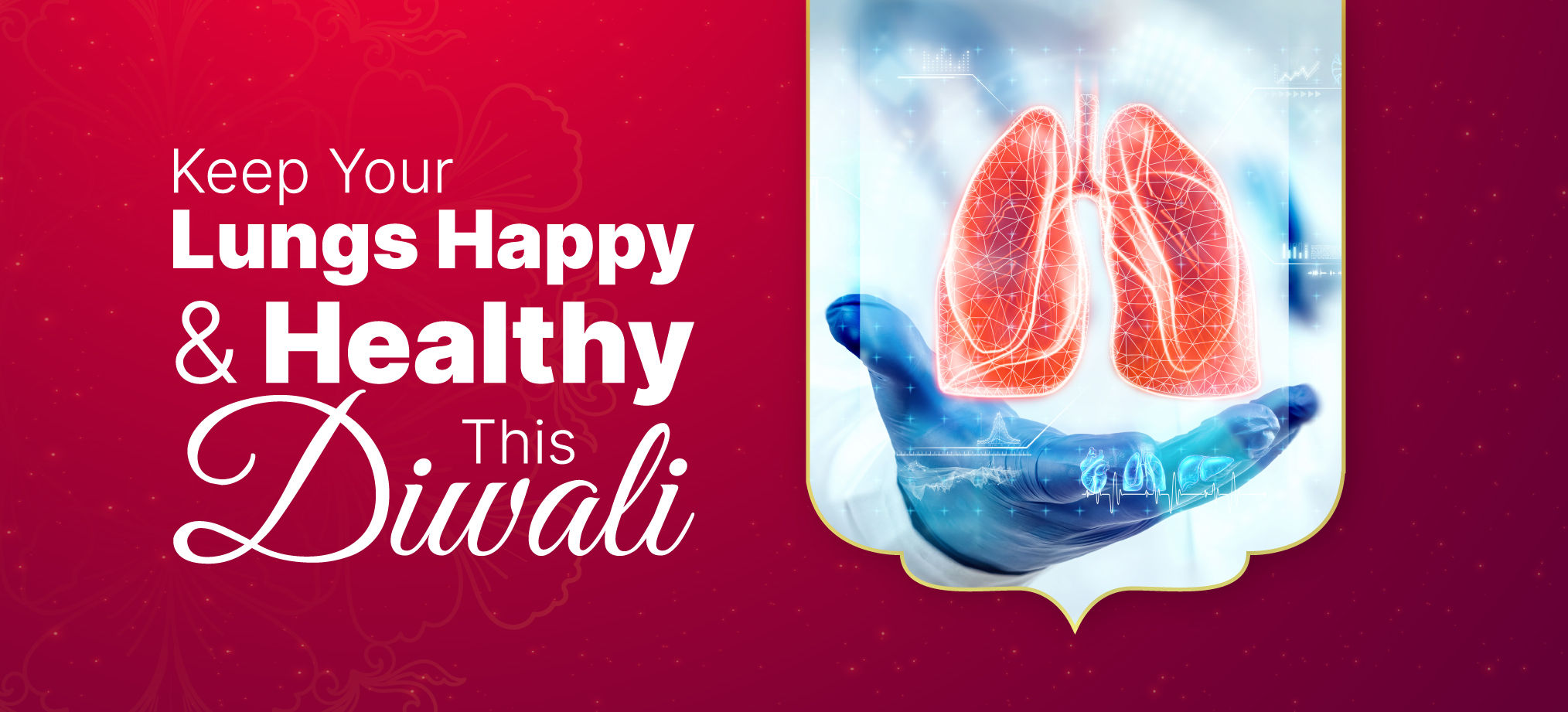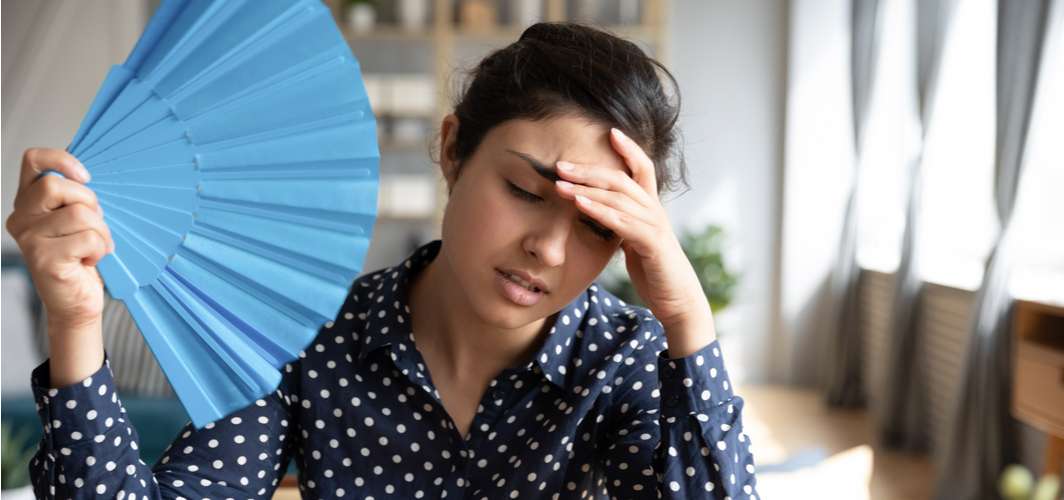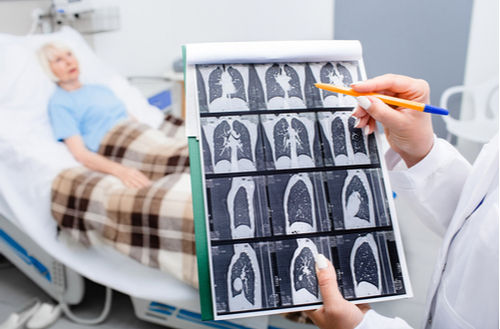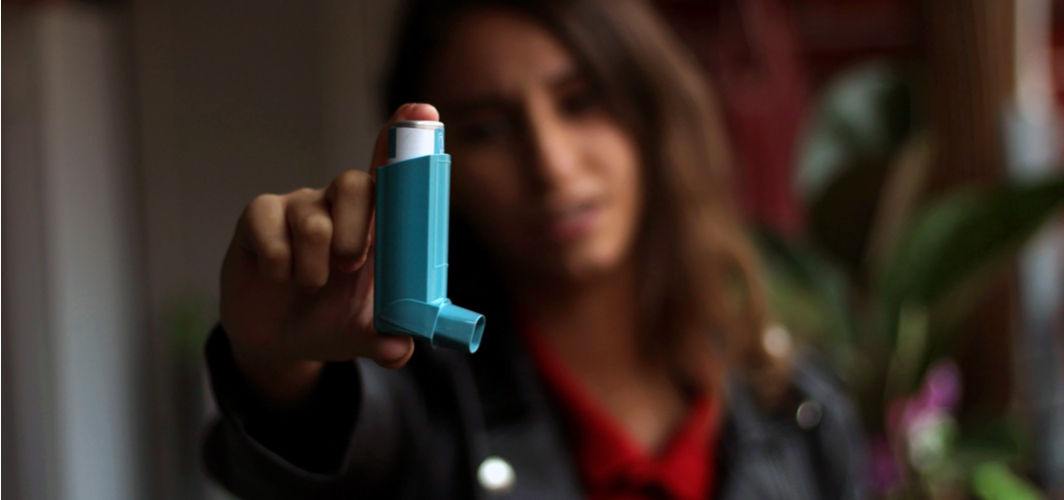Respiratory Health
How to Keep Your Lungs Healthy During Diwali
5 min read
By Apollo 24/7, Published on - 14 November 2020, Updated on - 04 November 2022
Share this article
1
13 likes

How do fumes from firecrackers affect the lungs?
Why is it more important than ever to celebrate Diwali without firecrackers this year?
What can be done to protect the lungs during this festival?
- Avoid lighting candles and diyas indoors, which keep indoor pollution in check. One can use sustainable LED lights as they do not release particulate matter, but can also illuminate the house beautifully.
- Stay indoors as much as possible and do not open the doors and windows during the festival as it would allow the pollutants to enter the house.
- If one needs to step out of their house, they must wear a good quality mask, preferably N95, N99 or N100 masks as they are highly efficient in filtering out the tiny particulate matters from the air
- Invest in an air purifier as it can be very useful under the present circumstances, given the air quality in several large Indian cities. Air purifiers filter out the pollutants, toxins and allergens from indoor air.
- Eat healthy, and consume foods loaded with antioxidants and vitamin C-rich foods (lemon, amla and tomatoes), turmeric, vitamin E, vitamin D and omega-3 fatty acids as they may help neutralize the effect of pollutants in the body by reducing the oxidative stress.
- Choose sweets with jaggery (instead of refined sugar) as it is a good source of iron and can help in improving the haemoglobin level in the blood, resulting in an overall increase in its oxygen-carrying capacity.
- People with pre-existing respiratory conditions must keep their emergency medicines, nebulizers and other health kits handy at all times.
- Any person suffering from a persistent cough, wheezing or breathlessness must reach out to a doctor.
Respiratory Health
Leave Comment
Recommended for you

Respiratory Health
How Does Humidity Affect Asthma?
Humidity causes difficulty in breathing especially for people with respiratory conditions like asthma. Humidity is the amount of water vapour or moisture in the air.

Respiratory Health
Is Your Blood Oxygen Saturation Level Safe?
In people with chronic lung conditions such as asthma, COPD, and more recently COVID-19, the blood oxygen levels may drop below the desired levels requiring prompt medical attention.

Respiratory Health
World Pneumonia Day: Here Are The Early Signs And Home Remedies
Pneumonia is very common and is the second most common for hospitalisation. Here’s all you need to know about its symptoms, treatment and prevention!
Subscribe
Sign up for our free Health Library Daily Newsletter
Get doctor-approved health tips, news, and more.
Visual Stories

Can Asthma Symptoms Get Worse Indoors?
Tap to continue exploring
Recommended for you

Respiratory Health
How Does Humidity Affect Asthma?
Humidity causes difficulty in breathing especially for people with respiratory conditions like asthma. Humidity is the amount of water vapour or moisture in the air.

Respiratory Health
Is Your Blood Oxygen Saturation Level Safe?
In people with chronic lung conditions such as asthma, COPD, and more recently COVID-19, the blood oxygen levels may drop below the desired levels requiring prompt medical attention.

Respiratory Health
World Pneumonia Day: Here Are The Early Signs And Home Remedies
Pneumonia is very common and is the second most common for hospitalisation. Here’s all you need to know about its symptoms, treatment and prevention!